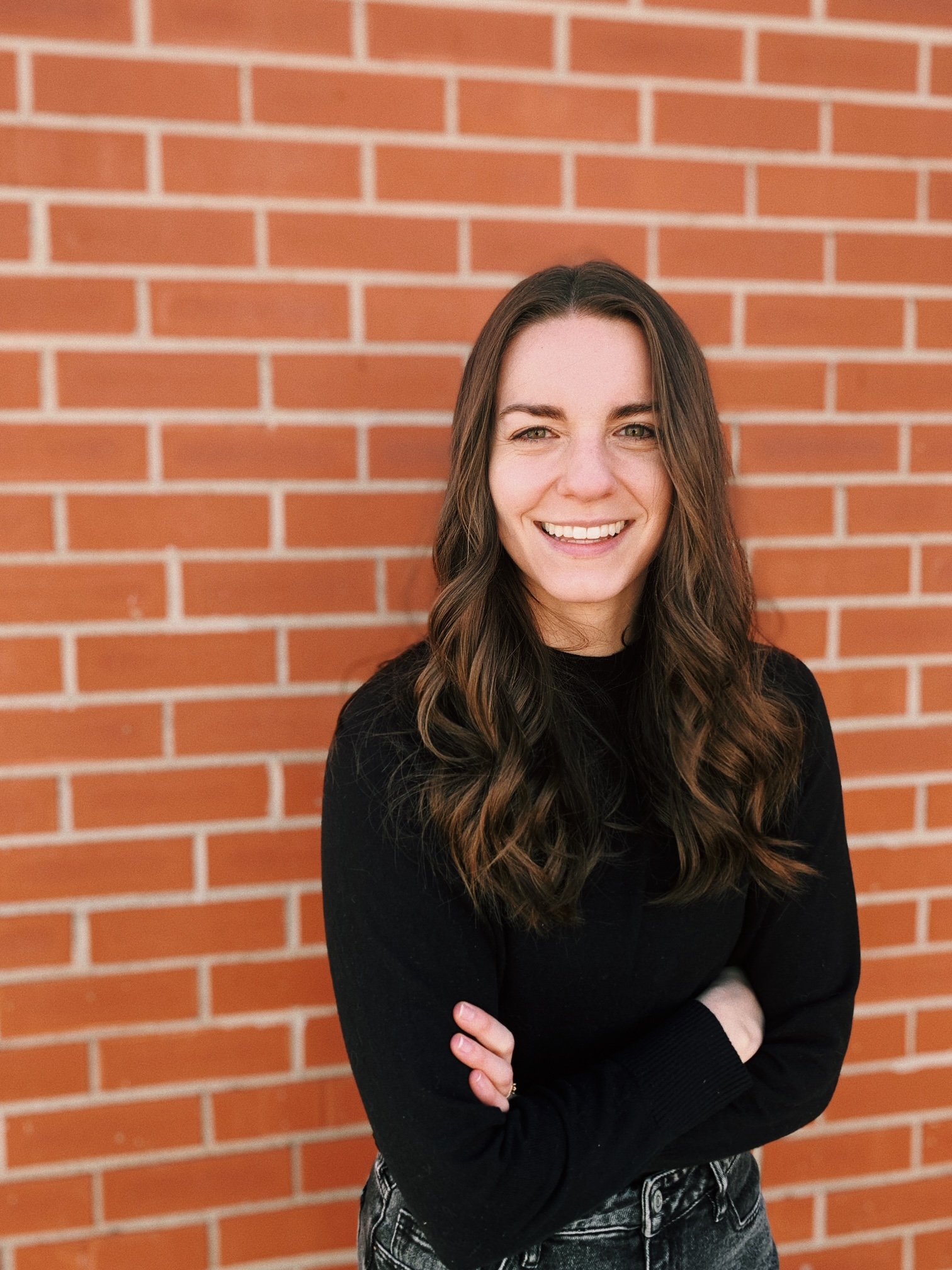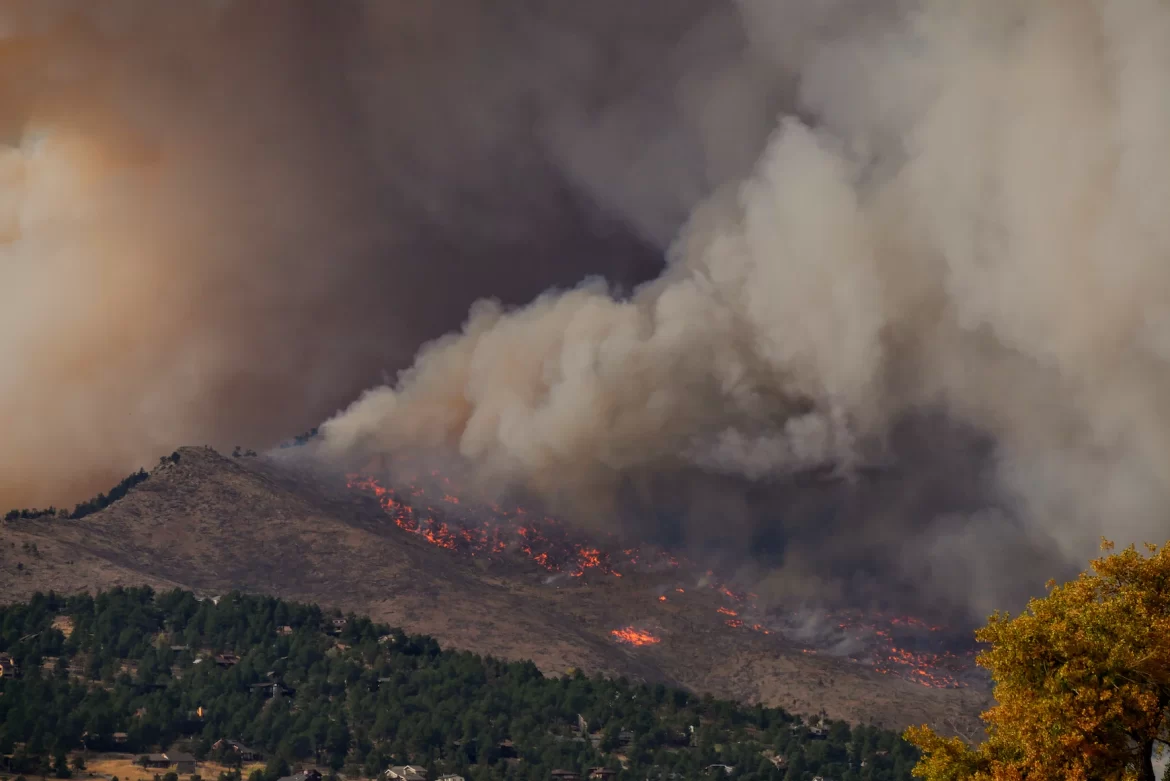Guest Post by Lindsay Garcia from Young Evangelicals for Climate Action
This past Easter, my husband Daniel and I attended a small service on the edge of the South Platte River near our home in Denver. Partway through this celebratory service, we spoke together these words from the Revised Common Lectionary:
Creator of the universe, you made the world in beauty and restore all things in glory through the victory of Jesus Christ. We pray that, wherever your image is still disfigured by poverty, sickness, selfishness, war and greed, the new creation in Jesus Christ may appear in justice, love, and peace.
I cannot think of better prayer to suit the scene as I gazed across the waters of the South Platte glimmering in the Colorado sun. That morning, I was immensely grateful for the splendor of God’s creation, and yet, I could not ignore the plastic cups and packaging that littered the river’s opposite shore, nor the incessant hum of a nearby power plant, one of many industrial facilities built up near the riverbank. The spot reflected the Creator’s beauty and creativity, but it was still disfigured, groaning for full restoration (Romans 8:22).
I have often found that Colorado’s landscape is a prime example of the “already but not yet” reality of the Kingdom of God. We certainly have no shortage of majestic vistas and unique wildlife that attract domestic and international visitors alike—a fact I am especially aware of as a former park ranger and private guide in Rocky Mountain National Park. And yet, our state is by no means immune to the brokenness of creation that climate change is making increasingly difficult to ignore.
In 2020, Colorado experienced the two largest wildfires in our state’s recorded history. The East Troublesome and Cameron Peak Fires ripped across mountain forests at terrifying speeds, consuming hundreds of thousands of acres and threatening—at one point—to merge into one enormous blaze. While fire is certainly a normal and healthy part of a mountain ecosystem’s natural cycle, these fires were exacerbated by the effects of human-caused climate change: a longer, hotter summer and drought-stricken lodgepole pines that stood like rows of matchsticks waiting to ignite.
In Denver, that fall was marked by hazy skies and inescapable smoke. It burned our throats and our eyes. It forced pandemic-weary people back inside on what should have been pleasant autumn days. At Daniel’s birthday party in early September, dusty white ash rained down from the sky and collected in our hair and food.
That October, as the fires still burned miles away, something in me broke. Daniel and I were walking on a trail near our apartment just after dusk, and I started to cry. I cried for the people who were still evacuated from their homes. I cried for the very air around us that wasn’t safe to breathe anymore. I cried for my favorite place in the world—Rocky Mountain National Park—that I had known so well but now would never be the same in my lifetime.
Apart from the company of Daniel, I felt utterly alone in my grief. I knew, of course, that there were many, many people who were affected by the fires, but the people I interacted with daily seemed uninterested in discussing it. Our burning state was just one more casualty in a year marked by loss. I needed to talk about it, though. And I needed to do something, even if I didn’t know what.
Almost exactly one year later, I accepted a position doing communications for Young Evangelicals for Climate Action—a ministry that equips, empowers, and catalyzes young Christians to love God and our neighbors through bold, wholehearted, and faithful climate action. In joining YECA, I entered a community of people across the country who were acting on climate as a part of their Christian faith; people who would not only mourn with me the losses brought on by the climate crisis but were also spurred to act.
Being in the climate space has not eliminated the grief I felt in October of 2020. On the contrary, working for YECA has exposed me to the devastating effects of climate change on a daily basis, and this is not always easy.
But my time at YECA has shown me that I am not alone in caring about God’s creation, and I can turn that grief into faithful, hopeful, collaborative action that truly makes a difference. The creation is no doubt groaning for restoration. But together, we can be a part of bringing about God’s Kingdom on earth and ushering in the new creation in justice, love, and peace.
About the Author
 Lindsay Garcia is the Director of Communications at Young Evangelicals for Climate Action (YECA) and the Evangelical Environmental Network (EEN), YECA’s partner ministry. She received her B.A. in English and Creative Writing from Gordon College in 2018 and has since done marketing and communications for other nonprofit organizations. She also developed a passion for education and creation care while working as an interpretation ranger and adventure guide in Rocky Mountain National Park. Lindsay was raised in Greeley, Colorado and currently lives in Denver with her husband.
Lindsay Garcia is the Director of Communications at Young Evangelicals for Climate Action (YECA) and the Evangelical Environmental Network (EEN), YECA’s partner ministry. She received her B.A. in English and Creative Writing from Gordon College in 2018 and has since done marketing and communications for other nonprofit organizations. She also developed a passion for education and creation care while working as an interpretation ranger and adventure guide in Rocky Mountain National Park. Lindsay was raised in Greeley, Colorado and currently lives in Denver with her husband.
At Godspace, environmental issues and creation care are two things we are passionate about.
This document is designed to help you celebrate Earth Day by making a positive impact on the environment. It can be easy to feel overwhelmed by the scale of environmental issues facing our planet, but by taking small, simple steps, we can all make a difference! Click here to download today.


